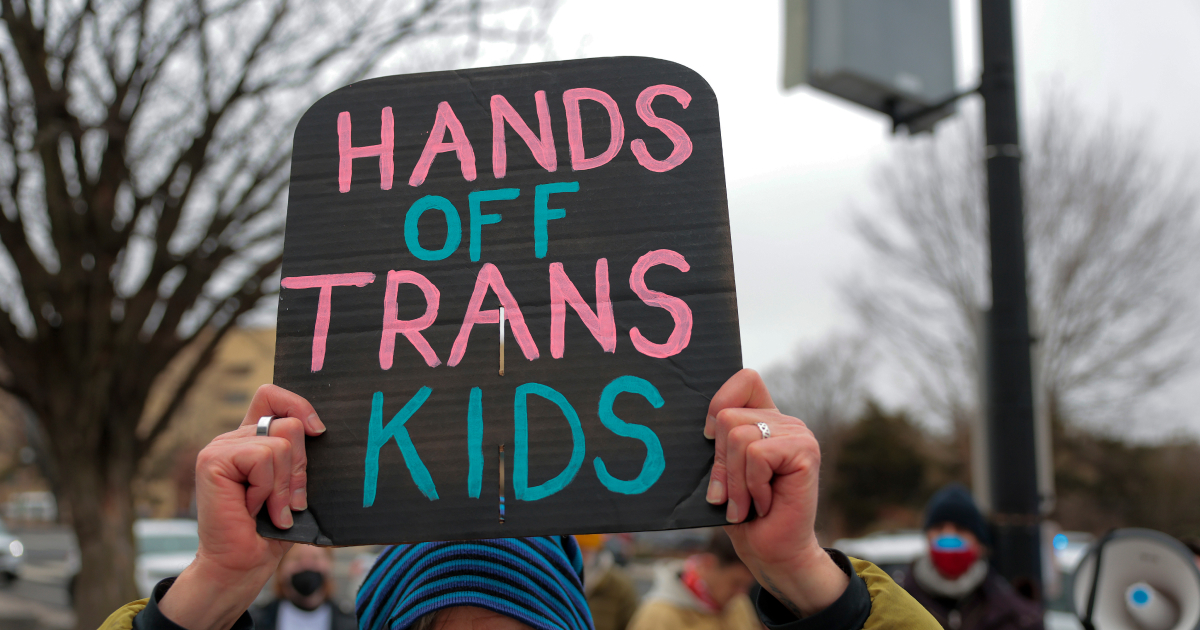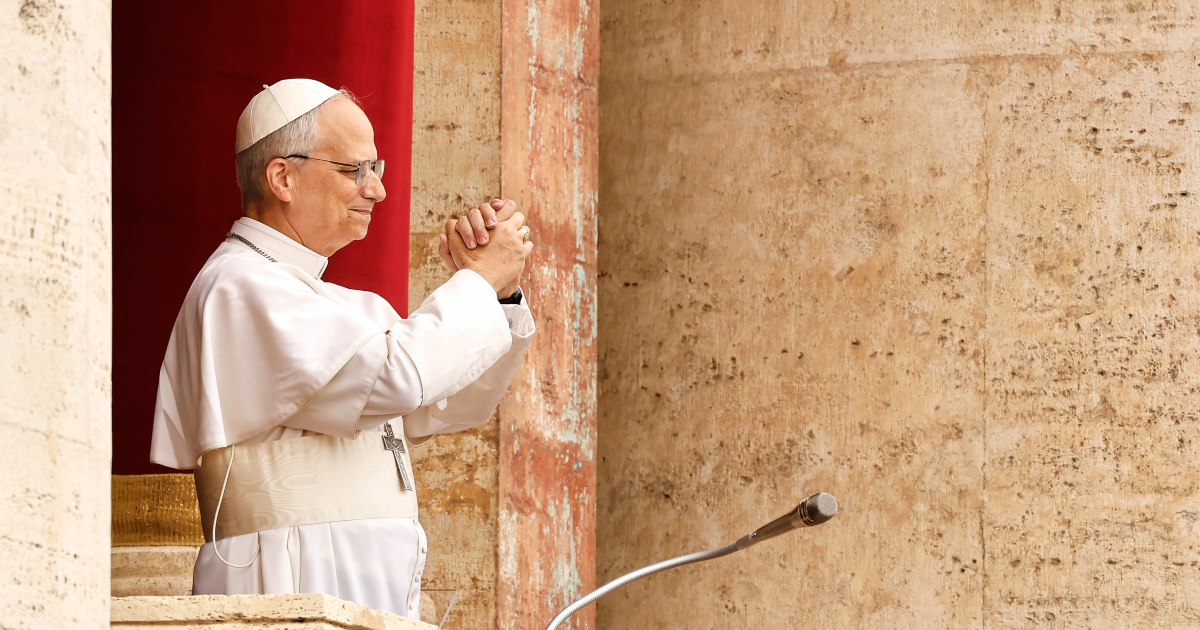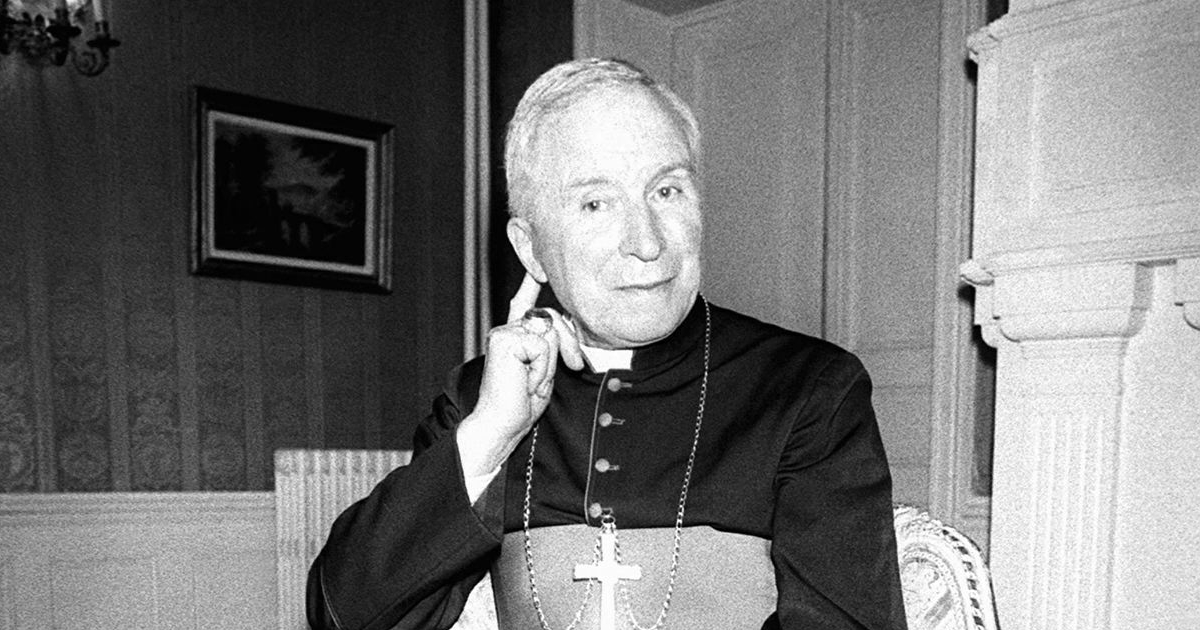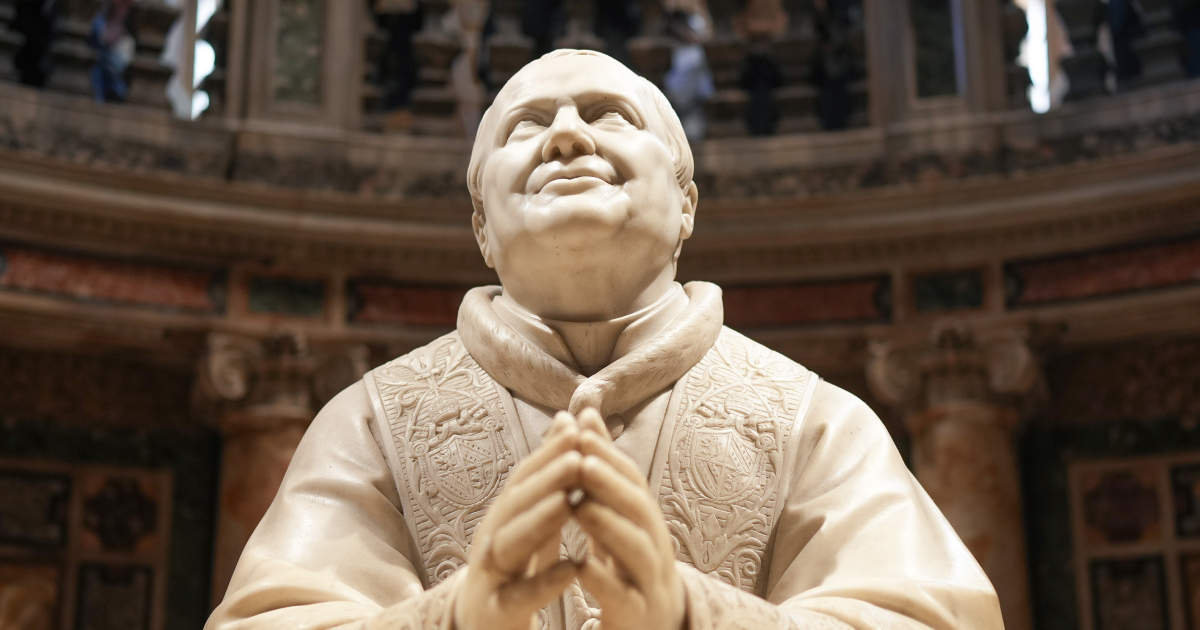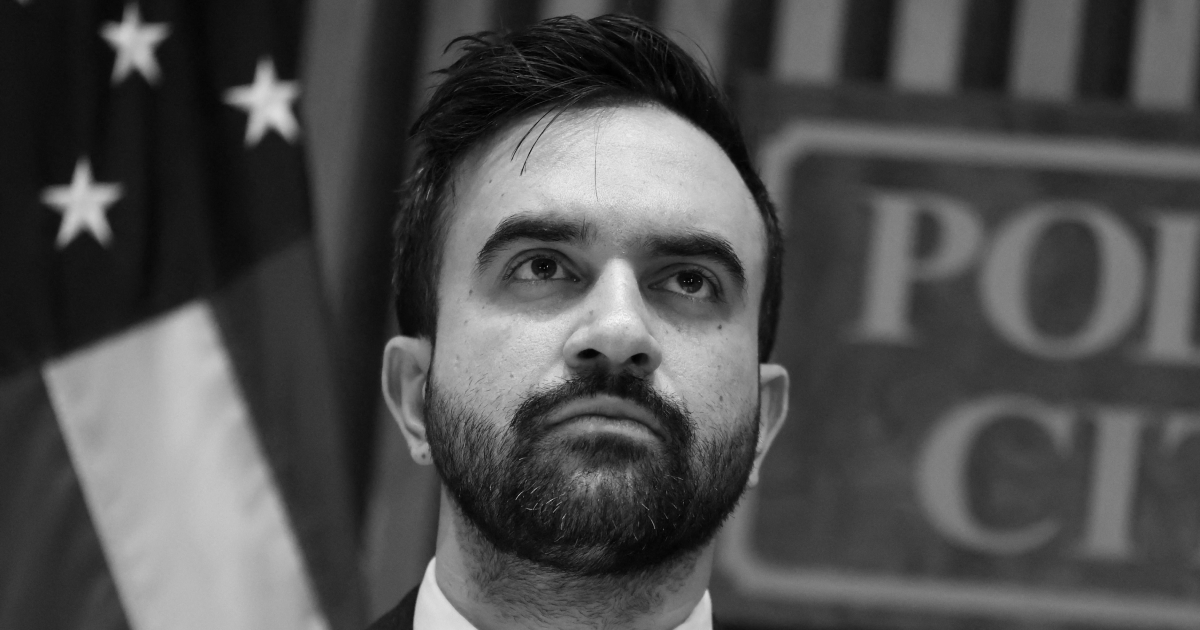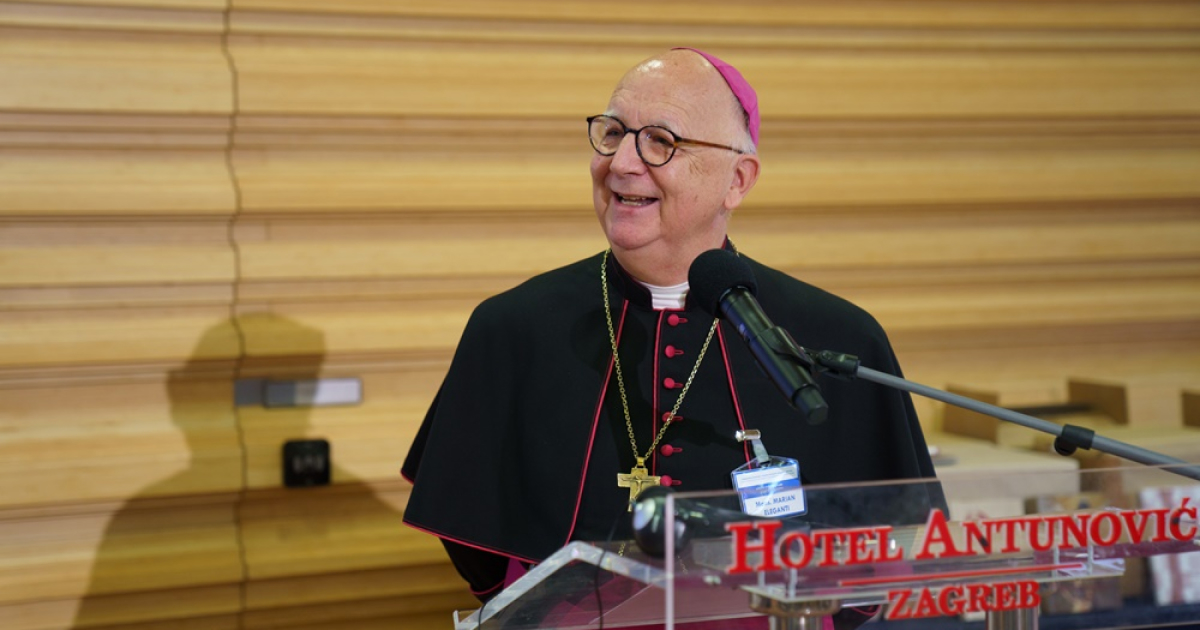The abduction of more than 300 children and staff from a Catholic school in Niger State has renewed alarm over Nigeria’s spiralling security crisis and brought fresh anguish to families already living in constant fear of armed raids.
The attack on St Mary’s School in the early hours of Friday is one of the gravest incidents in recent years, occurring at a time when the country faces intensifying violence across several fronts.
Police said armed men stormed the boarding hostels shortly after 2am, when most pupils were asleep. They forced children and staff into the surrounding forests under the cover of darkness.
The scale of the kidnapping became clear only after frantic parents rushed to the school at dawn. What followed was a scene of fear, disbelief, and the realisation that well over half the school’s population had vanished in a single night.
Local residents told the BBC that the attack paralysed the community. “Everybody is weak… it took everybody by surprise,” said Dominic Adamu, whose daughters attend St Mary’s but were not among those taken.
Like many parents in the region, he voiced frustration at the state of security, adding: “People are complaining about the state of security in our country.” Another woman, struggling to speak through tears, said her nieces, aged six and thirteen, had been taken, adding simply, “I just want them to come home.”
The Nigerian government has moved quickly to signal that the rescue of the students is a national priority. President Bola Tinubu cancelled his foreign travel plans, including a scheduled appearance at the G20 summit in South Africa, to oversee the response.
Security forces have begun extensive operations across a wide region of Niger State, with police saying agencies were “combing the forests with a view to rescue the abducted students”.
Authorities in Niger State, however, have said that the school failed to comply with an order to close all boarding facilities after intelligence warnings of heightened risks.
In a statement, the government said St Mary’s had reopened “without notifying or seeking clearance” and had therefore exposed students and staff to “avoidable risk”. The school has not commented.
Bishop Bulus Dauwa Yohanna of Kontagora Diocese, under which the school falls, publicly rejected claims that warnings had been issued, calling them “an afterthought” and “a way to shift blame”.
The Sisters of Our Lady of Apostles, who manage the institution, have appealed for global prayers for the safe return of all those taken. Sr Mary T Barron, their congregation leader, said the events had brought “immense anguish” to the sisters and the wider Catholic community. “We believe deeply in the power of unified prayer,” she said, urging Catholic institutions and people of goodwill to join them in seeking the protection and release of the children.
The abduction has also reignited international debate about violence against Christian communities in Nigeria.
Recent assertions by U.S. President Donald Trump that Christians are being persecuted have been rejected by the Nigerian authorities, who insist such claims are “a gross misrepresentation of reality” and that extremist groups target “Muslims, Christians and those of no faith alike”.
Nevertheless, the attack on a Catholic school, following several others on Christian-affiliated institutions, has intensified scrutiny. U.S. Defence Secretary Pete Hegseth urged Nigeria to take “urgent and enduring action to stop violence against Christians”.
This is not the first time schoolchildren have been taken on such a scale. In 2014, Boko Haram kidnapped 276 girls from Chibok, many of whom remain missing. In 2018, 110 girls were seized in Dapchi; all but one, Leah Sharibu, who refused to renounce her Christian faith, were released.
Armed groups abducted students from Greenfield University in 2021, killing several captives, while in the same year more than 140 pupils were taken from Bethel Baptist High School in Kaduna. In 2024, nearly 300 students were abducted in another mass incident in Kaduna State.
(Photo by Ifeanyi Immanuel Bakwenye / AFP via Getty Images)








